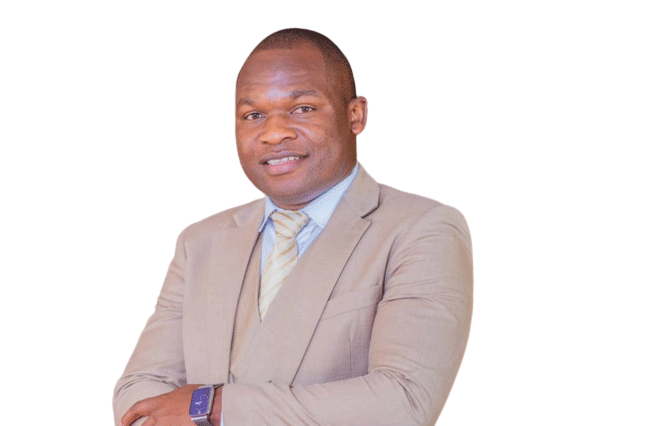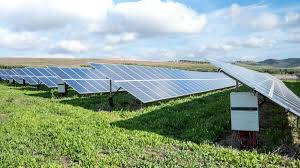
ZIMBUILD Property Investments chief executive officer Tinashe Manzungu has called on government to prioritise public-private investment to attract capital and essential equipment for infrastructure development in the country
The call comes at a time when Zimbabwe is grappling with economic headwinds, while at the same time a transformative vision for the country’s infrastructure is emerging, necessitating the need for sustainable development.
Against this background, recent discussions surrounding Zimbabwe’s economic landscape have highlighted a pressing need for public-private partnerships to drive investment in critical sectors.
Addressing journalists at a Zimbabwe Investment and Development Agency Annual Stakeholders Strategy Input Forum in Harare on Tuesday, Manzungu said government should act on public-private investments to attract investment, not only in terms of capital, but also through equipment.
“As you can see, as a government, you cannot interfere with people’s finances. The government has to appear as a true public-private investment. What they are saying is that we need people to come in with not only money, but also equipment and for that effect, you will not simply get your money out of this country, but you can have equipment that may include or have new tokens in different other places,” he said.
“So this is one of the examples of what we call a potential investment area under construction. We also may talk of the housing sector.
“We were seeing the government wants, by 2025, a million house units in social amenities. But, if you see what they have achieved now, it also resembles that they cannot reach a lot, so they did that private investment again.”
Manzungu added that current progress suggests that achieving this target would require substantial private investment.
- Mavhunga puts DeMbare into Chibuku quarterfinals
- Bulls to charge into Zimbabwe gold stocks
- Ndiraya concerned as goals dry up
- Letters: How solar power is transforming African farms
Keep Reading
Investment in such projects will ensure one gets out their money for example building flats and earn rentals, he said.
“It’s quite a lot that can be invested in when it comes to infrastructure development. We can talk of education. Zimbabwe has the most jammed space in Africa. We have potential areas where jams can actually come in. One of the very important products that we are making in Zimbabwe is water. So if you are going to come and invest in such areas, those are potential areas,” Manzungu said.
He said the areas around the New Parliament Building were also potential investment areas.
“So we look forward to such initiatives coming from the foreign direct investment and also domestic investment. In terms of power supply, we have Kariba, but it’s not enough. As the industry is showing signs of growth, we do not have enough power supply, thus the need for more investment [in other sources of energy],” Manzungu said.
“We need to have a second, a third, a fourth power plant in Zimbabwe for us to say we are able to produce goods and products. So in a nutshell, these are things that we can look at in Zimbabwe in terms of construction sustainability.”










